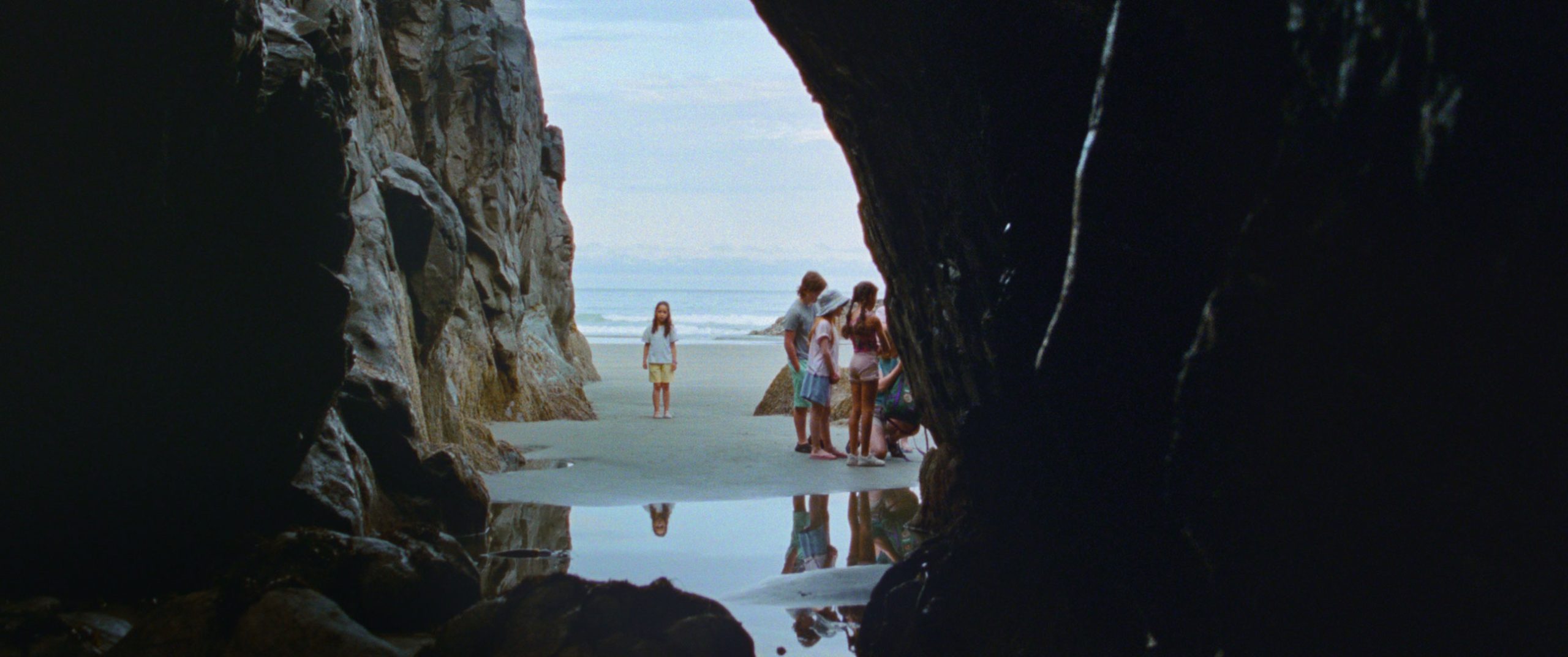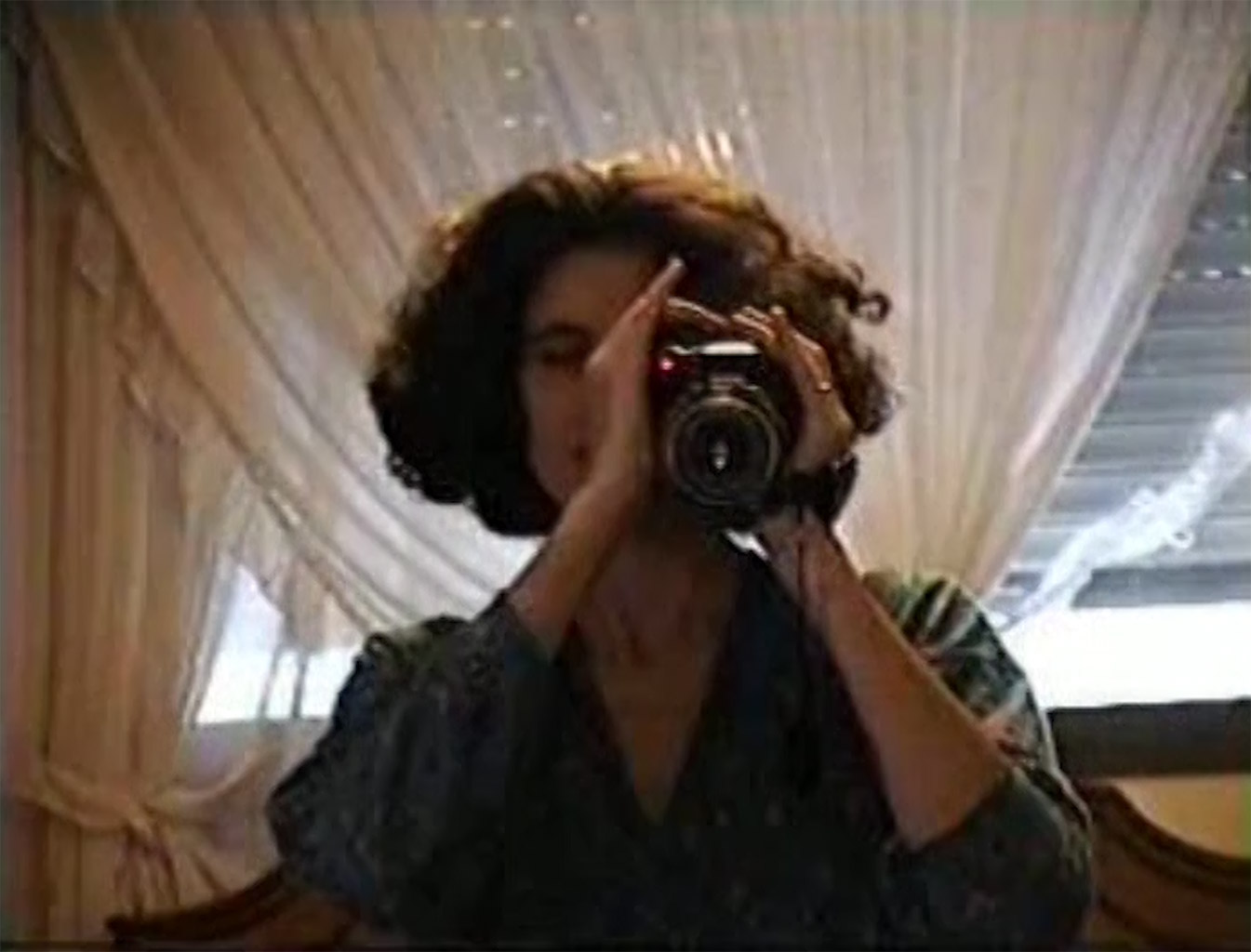 The Lovers card in the tarot is often seen to represent a romantic love pairing, but this would is in fact a simplistic interpretation of its complex symbolism. As with every tarot card, The Lovers contains a variety of related but multifaceted meanings and interpretations; related to the astrological sign Gemini, The Lovers encompasses themes of duality, a balance of energies within oneself, and the ways in which those energies tether the physical body to spiritual planes of existence.
The Lovers card in the tarot is often seen to represent a romantic love pairing, but this would is in fact a simplistic interpretation of its complex symbolism. As with every tarot card, The Lovers contains a variety of related but multifaceted meanings and interpretations; related to the astrological sign Gemini, The Lovers encompasses themes of duality, a balance of energies within oneself, and the ways in which those energies tether the physical body to spiritual planes of existence.
These themes are omnipresent on Swahili’s latest record, AMOVREVX — which takes its name from the Tarot de Marseilles, a restored version of one of the oldest decks in the Western World, the Marseilles. Updated by filmmaker Alejandro Jodorowsky and Philippe Camoin, a descendant of the publishers of the original, the Tarot de Marseilles supplements Jodorowsky’s book, The Way of Tarot, which is just one of many literary and spiritual influences that informed the band.
“We were looking through the Encyclopedia of Witchcraft and Demonology [by Rossell Hope Robbins], and we saw that Gemini was represented by the Lovers tarot card, and that the duality was sort of fused by the third — the third sort of being the hand of the celestial reaching down and creating some sort of duality,” explains the band’s synth player, XUA.
Duality and the number two are subtly present throughout AMOVREVX, which is the sophomore record of a band that transitioned out of meditative and experimental jams to embrace full-blown pop songwriting. In the five years between AMOVREVX and their previous self-titled LP, Swahili moved from Reno to Portland, scrapped an entire record’s worth of material, and shifted from the vocal chants of synth player XUA to embrace the divine feminine in now-frontwoman Van Pham, who herself is a Gemini.

The Mental, The Physical
Swahili’s self-titled first record, first released in 2012 on Translinguistic Other, possesses a darker, more pensive tone. Instead of the danceable pop songs found on AMOVREVX, it is a minimal and introspective representation of finding and testing the limits of one’s own mind through psychedelia. While psychedelic references are still plentiful on AMOVREVX, Swahili painstakingly reinvented their sound for the release, testing their own patience along the way. The pop-centric direction that emerged was one they never could have predicted. If Swahili told the tale of personal spiritual explorations, AMOVREVX gives physical body, and articulate language, to those explorations.
“We knew the theme of the record was love early on… the first record was about exploration, and usually, at the end of those explorations, you come to this universal sort of truth that unconditional love is a binding power — at least on this plane of existence,” explains XUA. “And so, when we came across that word [amoreux], which is a beautiful looking word and a beautiful sounding word, in my opinion, then it was just esoteric enough to kind of make the whole thing make sense.”
“A lot of [AMOVREVX] is about relationships of all sorts, and playing… on duality, it conclusively could be said that love — amour / amovr is about expecting nothing and giving everything,” adds Pham.
It is not uncommon for long-time fans to become confused or disillusioned when the band strays from its original sound. In some ways, Swahili’s shift towards pop music set them back at ground zero, since there was little crossover between the two records. Yet many of Swahili’s decisions were a long-time in the making, a maturation in terms of musicianship as well as an honest reflection of where they were at that point in their lives.
“We spent a lot of time exploring both minimalism and dynamics within that in the first record, and this time around, we’ve had more time to kind of really get in touch with our instruments and how we relate to both them and our band’s space within that,” explains drummer Ryan Schofield. “And as we’ve come up with more tightly-knit songs that still kind of a do a lot of exploration within them — but have a bit more of a classic, if you will, song or pop structure to them.”
“When we did those jammy things,” adds guitarist Troy Micheau, “we would hit these moments, and occasionally they would be these really beautiful moments where everything would coalesce in this really awesome way. You would play that song at one show, and it would just work super well, but you would play it at the next show, and for whatever reason, that moment just wouldn’t come together in that same way. So, in writing songs, it was more — at least on my end — more like coming up with a way to hone in on those moments and really shape them into everything that they could be…”
“There’s definitely a certain beauty that comes with improvised music and hitting those moments in improvisation … but with five people and the amount of gear we were starting to amass and all the different ideas and ways we wanted to make things happen, it started to become apparent after a while that if we were really going to hit those spots and make everything what it could be, then it needed to be a little more planned out, essentially, than what we had done before,” Micheau concludes.
(SWAHILI BAND INTERVIEW CONTINUED BELOW THE ALBUM STREAM)
AMOVREVX Full Album Stream & Lyrical Analysis
Unlike with much pop music, there is a hefty amount to ingest in AMOVREVX, and according to Swahili’s frontwoman Van Pham, “There is easily a reading list for every song — just like a lot of weird internet or otherwise book research that I conducted to kind of pull together a small universe that made sense to me in terms of how to construct that story.”
Pham is well-read across many disciplines, and this wide literary focus comes through on AMOVREVX. Indeed, references to John Cage or Philip K. Dick may not necessarily be accessible to everyone, but Pham undertook the arduous task of translating her life experiences so that they had universal appeal.
“I was conscientious of the fact that I couldn’t throw out too much that was too obscure, nor did I want to zero in on particular moments, personally, that I was thinking of that informed songs,” she explains. “It’s more, I think, a lot of characters and situations that are transpiring in the lyrics, and just in the feel, is more an amalgamation of experiences and people rather than trying to focus on one singular thing — for my own safety and for its relateability.”
Below, Pham offers her thoughts on the inspiration behind the album’s five vocal tracks.
(1) “Bardo”
“Would you walk through that door?”
“Wrote this one after reading the John Cage biography. In particular, the section in which he becomes enchanted by Zen Buddhism. His homosexuality, among other things, was making him feel like he was leading a dual life (things like Henry Cowell’s imprisonment contributing to his fear). But he comes to a transition after following D.T. Suzuki’s work that shakes his world, and the author, who is mostly meh for the book I’m talking about, has this great little passage about seeing a tear in the fabric, so to speak, and it being our responsibility to recognize that portal and decide if we should, haha, break on through to the other side.” – Van Pham
(2) “Nous”
“Inside we are those possibilities
You hold a spark that wakes the light in me
Why stifle the oscillations?
Divide yourself in two”
“This one is about shapeshifting. More plays on duality, light/dark/ambiguousness, and having fun with those sides/faces, always battling, switching, surfacing.” – Van Pham
(3) “Calling”
(4) “Hindsight”
“The stars speak an unknown secret
I will sing it to the water”
“I don’t actually have too much to say about this one outside of when I sing it, I see forests.” – Van Pham
(5) “Objet”
(6) “Vestal”
“Can you call upon the perfection of a girl
Who holds the center of your world?”
“This one is greatly influenced by Philip K. Dick’s Valis. It was half-formed before I completed the book, and the book gave it a skeleton with which it could dance, genuflect, and stand. Super feminine song; we’re made to understand, through the relation to vestal virgins, hair braiding (if you can even understand that I’m singing that). I find some parallels between the female characters in Valis and the position of Vestal Virigins in Roman society. We’ll also remember that [the book’s main character] Horselover Fat has some trip where he channels an Ancient Roman life — and it, for me, speaks to the impossibility of what we impose on another person and their spirit, to care for something, or to preserve their purity, as if they were beyond the realities of human failure and fragility. Is it fair?” – Van Pham
(7) “Zhora”
(8) “Mokomokai”
Give up your skin to the night of the hunter
Every heart here beats within you
All of these notions live deep inside you
Stifle that hunger, try as you might
All of these notions live deep inside you
They swim to the surface, they swim to the surface
“This is a Maori term for preserved heads. Fun! I think [it] pis about the final realization of union – there’s a sexy destructive, consumptive, fire-breathing energy that I find scary and alluring, and is probably again, my favorite place to sit artistically, thematically — the liminal space. Changed lyrics for this one later on, in the bridge: “Is it wise to say you’d kill for love?” Maybe the cheesiest thing I’ve ever written, but of course a lot of this album is about relationships of all sorts, and playing again on duality, it conclusively could be said that love — amour / amovr is about expecting nothing and giving everything.” – Van Pham
The Journey, The Destination
According to XUA, Swahili previously created their music using the rules of “game theory”, but on AMOVREVX, utilize a combination of lessons learned from that and more deliberate studio songwriting.
“If you’re writing a song, it’s more like civilization… there’s streets, signs, stop signs, fours, eighths, sixteenths; this key plays off of that key… it’s well-tread territory. It’s a thing that can be read and learned very easily. When you move into improvisation and ambient music and minimalism, sort of post-John Cage sort of thinking, it’s more driving a car in the middle of the desert,” he explains. “You can see the cactus over there, and all five of us start veering towards the cactus — but then on the way to the cactus, we see an oasis over there, and we all start sort of veering towards that. And sometimes we hit the oasis together, and sometimes somebody gets there a little bit later, a little bit sooner, and it doesn’t work as well –”
“– and sometimes somebody’s car just breaks down… and you have to go save them…” adds bassist John Griffin.
“So that’s sort of this idea of playing the instruments that we know are capable of classic songwriting, song structure, but sort of giving way to the game at hand… giving way to the possibilities of throwing away roads and road signs and working cars and just sort of trying to get there on our own accord. And that’s a very lost feeling, sometimes, and it’s also a very joyous feeling sometimes… during our best times during those five years exploring that sort of theory, there were ecstatic moments that were rather spiritual and rather interesting, so by the time the first record came out, that’s where we were. We could make sense out of process through spirituality and through connection on a more ethereal plane,” continues XUA.
“But what we ended up doing with this record was sort of rediscovering that the songs and the things that we listen to over and over again — the good records that we like over and over again — they have a consistent sort of adventurousness to them, but there’s also recognizable structure so that you aren’t distracted by the experiment at hand. So the trick with AMOVREVX was to perform the experiments, but to make it listenable.”
The creative process for AMOVREVX was unusual for Swahili. Pham admits, “I think we spent a lot more time alone on this record than we have previously, and in composing our songs” — and much of this was because of the steep learning curve. The band took what they knew of improvisation and began their songs in the jam room but crafted the final product through countless hours of basement-dwelling and mouse-clicking, which included a great deal of time spent by Micheau, learning the ins-and-outs of DIY audio production. Hence the three years of actually writing and recording the record.
“It was a tough departure for us to realize that what we were doing was going back into songwriting. I think that was a philosophical crisis that we kind of had to go through with this record, which is why we threw out quite a bit of material,” explains XUA. “But now that we’ve landed back in — and are very comfortable with — the idea of songwriting, we’re kind of hitting the gas as far as the process is concerned.”
Listening to AMOVREVX is like embarking on a journey. “I think of this album as a dimensional sling-shot,” Pham once said. “It begins at a crossroads, and then we time travel around a mysterious inner world, visiting many different sonic landscapes around the way.”
Every spin-through reveals new discoveries, buried amongst references to ancient wisdom and field recordings, funky riffs and wild synth freakouts. And it marks a bold new beginning for the band. After so much time spent changing and perfecting their songwriting process through the past three years, Swahili are now truly ready to synthesize the energies of The Lovers card — to take in the contrasting dualities of free improvisation and structured songwriting onwards, into their third release. With the firm resolve that the time-intensive process of AMOVREVX “is not to be repeated”, it can be guaranteed that there will not be a five-year duration between AMOVREVX and Swahili’s next record — though where the winding road will take them is anyone’s guess.
www.swahilinoise.com // records.translinguisticother.com
Swahili – “Bardo” Music Video
Ω






